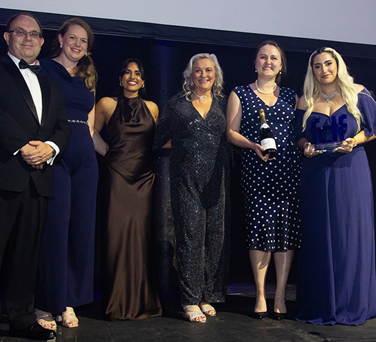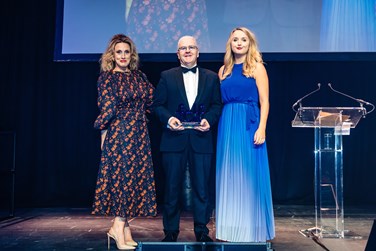Packaging, and vitally, sustainable packaging, plays an important role in the food and drink supply chain, not only does it reduce food waste, lengthens the shelf life and informs customers of vital information, it is a vital barrier keeping the products safe. However, innovation to reduce the environmental impacts associated with packaging are vital and the key challenge, is balancing safety and sustainability.
Identifying more sustainable solutions either through improving existing formats or looking at alternative materials is a complex, expensive and time-consuming business especially if the overall sustainability of the product is not to be compromised and unintended consequences are to be avoided. However, many companies are making great strides to reduce their environmental impact by improving the design of existing materials to ensure improved recyclability or switching to alternative materials already on the market.
This category looks at how food and drink producers have moved towards more sustainable packaging solutions. Entrants may be food and drink producers implementing their own internal packaging strategies or researchers and innovators developing innovative solutions to benefit the industry.
Entrants for this category can submit entries based on:
- Researching and developing new packaging solutions which deliver improved environmental/recyclability outcomes and contribute to overall product sustainability
- A strategy of demonstrably addressing the sustainability of packaging for your products/brands
Entrants, please note: To enter this category your ranges do not need to be entirely plastic free. Innovation takes time and will be more complex depending on the product. The judges will be looking at the ambition and scale of the challenge to package your products more sustainably and for innovations which contribute to a net improvement in the use of resources across the value chain.
Submit your entry
Enter for FREE before the deadline for your chance to win - you can enter as many categories as you like and nominate multiple projects/colleagues
Have you considered...
...entering for other awards?
You can enter several categories, and nominate multiple projects and colleagues within the same category too, as long as they are distinct.


